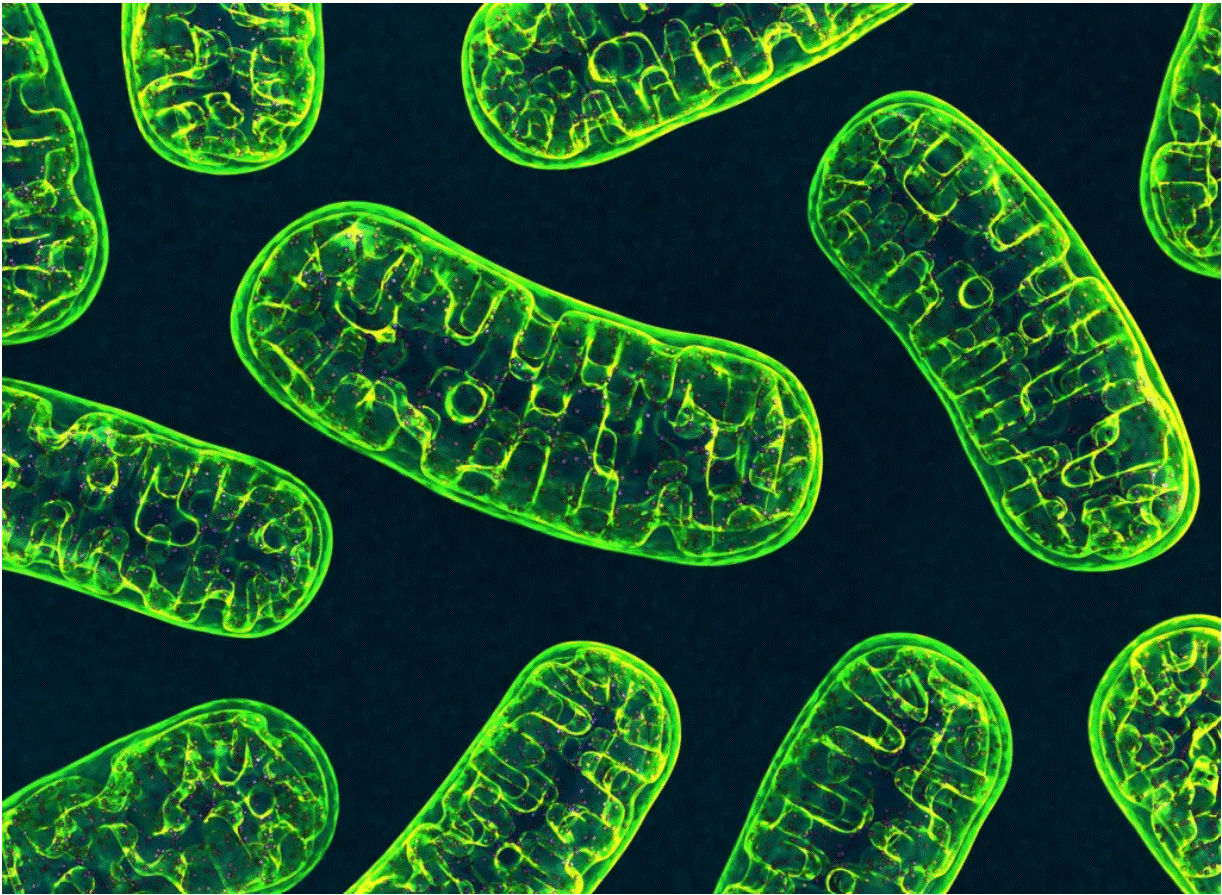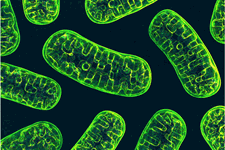News

Working Shifts Impairs Mitochondrial Functioning on Various Levels
Increased incidence of Type 2 diabetes mellitus (T2DM) in shift-workers may potentially indicate an imbalance in temporal energy supply and demand. In the current study, various methods were used to evaluate the difference between normal ad libitum (AL) feeding vs time restricted feeding using the light phase as a model for shift work.
Temperature measured during ad libitum and during time restricted feeding
Scientist from University of Amsterdam, Netherlands Institute for Neuroscience (NIN), and Vrije University Amsterdam, in The Netherlands implanted Star-Oddi’s DST nano-T temperature loggers in a subset of Wistar Wu rats, subcutaneously in the lower lumbar region. Temperature measurements were made every 15 minutes for 3 days during AL feeding, and then for 3.5 weeks during time restricted feeding. Samples were taken from the left soleus muscle and analyzed for mitochondrial respiration and gene expression profiles.
Clear circadian rhythm in mitochondrial respiration and alteration of gene expression
The findings are consistent with prior small animal studies and in vitro methods in that permeabilized muscle fibers exhibit distinct daily cycles in mitochondrial respiration. It was discovered that some mitochondria-related genes in the light-fed group had decreased rhythmic expression, while others acquired rhythmic expression. The daily pattern in body temperature was drastically changed when the rats were switched from AL feeding to light-phase feeding. These changes were not observed in the group that switched to dark phase feeding. It was also observed that the amplitude of the daily rhythm of mitochondrial respiration was increased with food restriction in the active phase.
Shift work could be a factor in the pathology of T2DM
In short, the results of this study indicate that shift work impairs mitochondrial functioning in muscles on multiple levels. Furthermore, the results show that, by disturbing the circadian system, such as occurs during shift work, could be causal or at least contribute significantly to the pathology of T2DM.
The article was published in the FASEB Journal and can be accessed here
